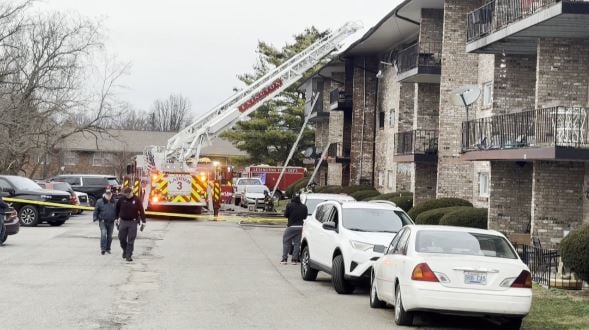Coalition voices effort to abolish the death penalty in Kentucky
(WTVQ) — Kentucky Senate bill 144 and House bill 38 are two of the bills hoping to abolish the death penalty during this legislative session.
Last year a similar effort was made during the last legislative session to also abolish it.
As the efforts continue, the Kentucky Coalition to Abolish the Death Penalty says it is time for the state to realize the impact it has had, especially the costs to the state.
Currently, there are 26 people on death row in Kentucky, one a woman.
“It’s underused, underutilized. The death penalty is a relic of a past time,” says Russell Allen, the executive director of the Kentucky Coalition to Abolish the Death Penalty.
Kentucky established its modern death penalty system in 1976, and since then, there’s only been three executions, with the latest in 2008.
Kentucky has two methods of execution, lethal injection and the electric chair/electrocution.
“People not being executed in over 15 years, these are just kind of sub costs, for lack of a better term. So these are these are monies that we could be given to teachers. These are monies we could be given families to help them through things. These are monies that we could be putting back into the education system,” adds Allen.
“Folks are taking their time to try to get to a decision, but during that time-frame, folks are still left in limbo. So we think that just that’s just another feather in the cap for abolishing the death penalty, there’s so many other ways that we could rehabilitate folks,” added Allen.
Now legislation in the legislature aims to abolish the death penalty and replace it with life imprisonment without parole for inmates currently sentenced to death.
“A law without the possibility of parole might even be a worse thing. When we think about what we’re doing with the death penalty, not only are we not using it…” says Allen.
Those with the Kentucky Coalition Against the Death Penalty say the issue is much deeper, there needs to be more education to understand the effects it’s having and where they stem from.
“You’re 20 times more likely in Kentucky to see a death sentence. If you are a black man whose committed an offense, against a white woman and these are like things that we don’t necessarily broach when we’re talking about the death penalty, but it’s historical ties,” added Allen.
Now, executions in Kentucky are at a halt.
In the late 2000’s the Kentucky Supreme Court suspended executions, arguing that officials did not follow state law in adopting its procedures for killing inmates.
‘We’re working with legislators right now, to try to get that bill a hearing, whether it be the Senate bill or the House bill,” said Allen.



